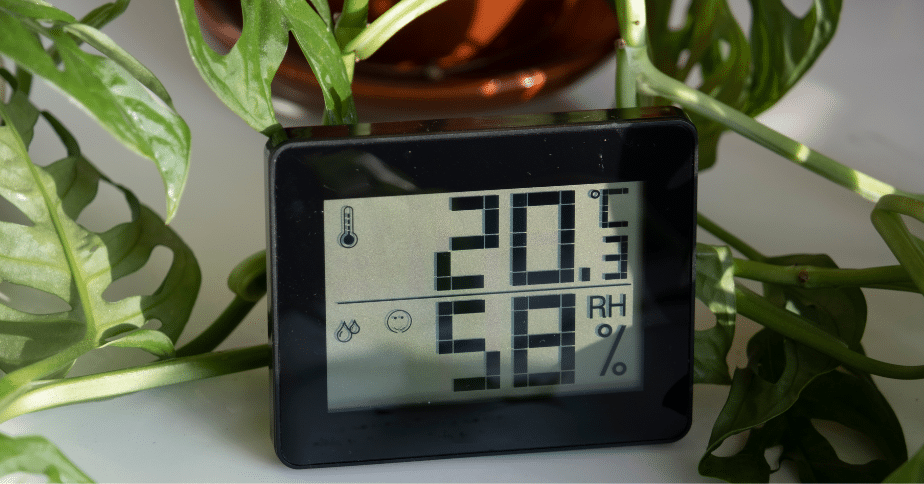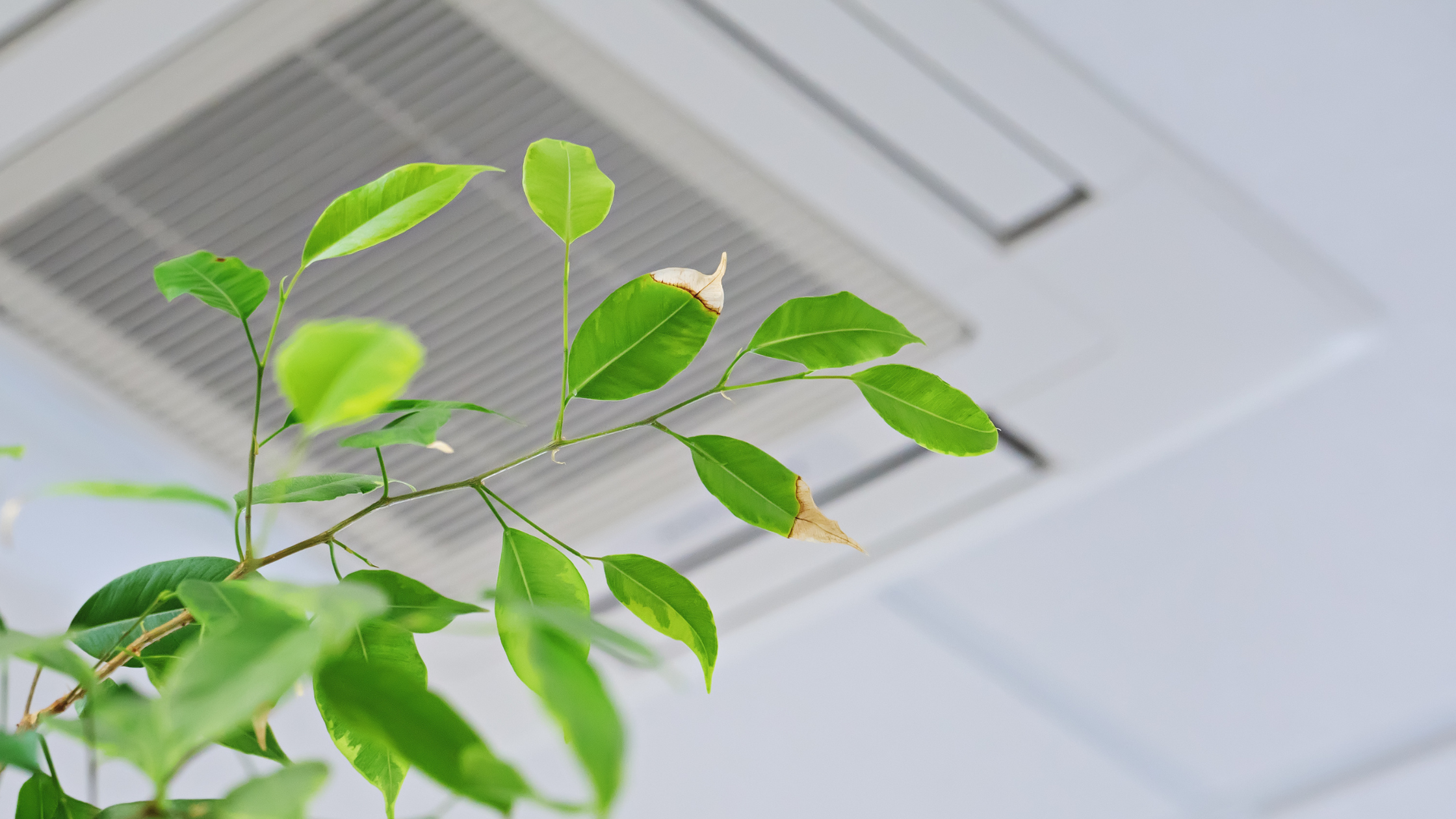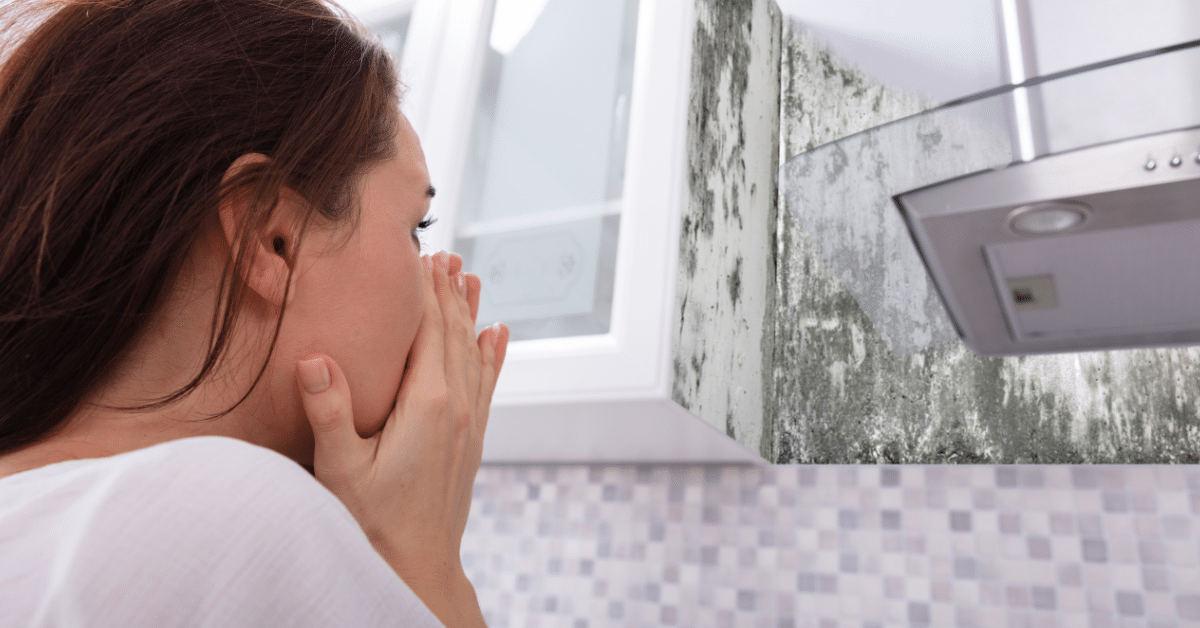Should You Test for Mold When Buying a House?

There is a lot to keep in mind when moving into a new home, but don’t forget to schedule a mold inspection. Many homebuyers dismiss mold testing as unnecessary when no mold is visible, but mold is sneaky. It can often reside in a home without anyone noticing. As a result, it is important to test for mold when buying a house. Let’s take a closer look.
Why It’s Important to Test for Mold When Moving
If you are moving into a brand new home, mold likely isn’t an issue. However, if you purchase a home from someone else, it’s a different story. Consider the following 6 reasons why you should schedule a mold inspection before moving into a new home.
1. Old houses are more susceptible to mold growth.
The older a house is, the greater the chance that mold has had time to get a foot in the door. Particularly if the house is located in a damp climate, it is important to assess hidden areas for a long-term problem.
2. You don’t know the house’s history before moving in.
Even though the homeowner or real estate agent might tell you a little bit about the house’s history, you likely won’t hear everything. For example, if the house experienced major flooding during a storm a year ago, then the moisture could have corrupted several areas.
3. Testing for mold protects your health and comfort.
Many people are allergic to mold, but even if you are not, ingesting mold spores causes health concerns. Coughing, wheezing, watery or itchy eyes, rashes, etc. indicate poor indoor air quality caused by mold growth.
4. Testing for mold can save you tons of money on mold remediation.
The best way to save money is to nip small problems in the bud. Even if you pay a few hundred dollars to locate a small mold problem, you are saving thousands of dollars in repairs down the road.
5. Not all states require homeowners to meet a mold standard before selling their home.
Unfortunately, depending on where the house is located, the homeowner may not be legally required to inform you of a mold problem or to take care of it. Check the state laws, but schedule an inspection either way.
6. Mold growth compromises a home’s structural integrity.
Additionally, mold means moisture, and moisture corrupts wood and drywall. Depending on the location of the mold problem, the house’s structural integrity might be questionable.
Where Does Mold Commonly Grow?
So, how does mold remain so hidden to the naked eye? Unfortunately, it prefers to grow in dark, private areas where most people don’t lay eyes. Examples of prime mold spots include the following.
- HVAC Systems
- Attics
- Ceilings and Walls
- Basement Corners
- Bathrooms
- Carpet
Tips for Preventing Mold in Your New House
Even if your mold inspection shows few results, it is important to remain on guard. Whether you move into a brand new house or into an old one, make sure you employ proper mold prevention tips.
- Visually inspect cool, dark areas regularly.
- Run your bathroom fan after every shower.
- Invest in a dehumidifier.
- Thoroughly dry your carpet after washing it.
- Clean up any spills or flooding immediately to prevent moisture from accumulating.
How Can Air Quality Assessors Help?
Mold, dust, and other pollutants lower your indoor air quality and weaken your immune system. If you notice that you have a problem with mold or mildew in your home, it is best to enlist the help of a professional. Contact AQA if you have any questions or concerns about mold in your home or business. With their combination of experience and knowledge, you can be assured that everything will be handled properly.



